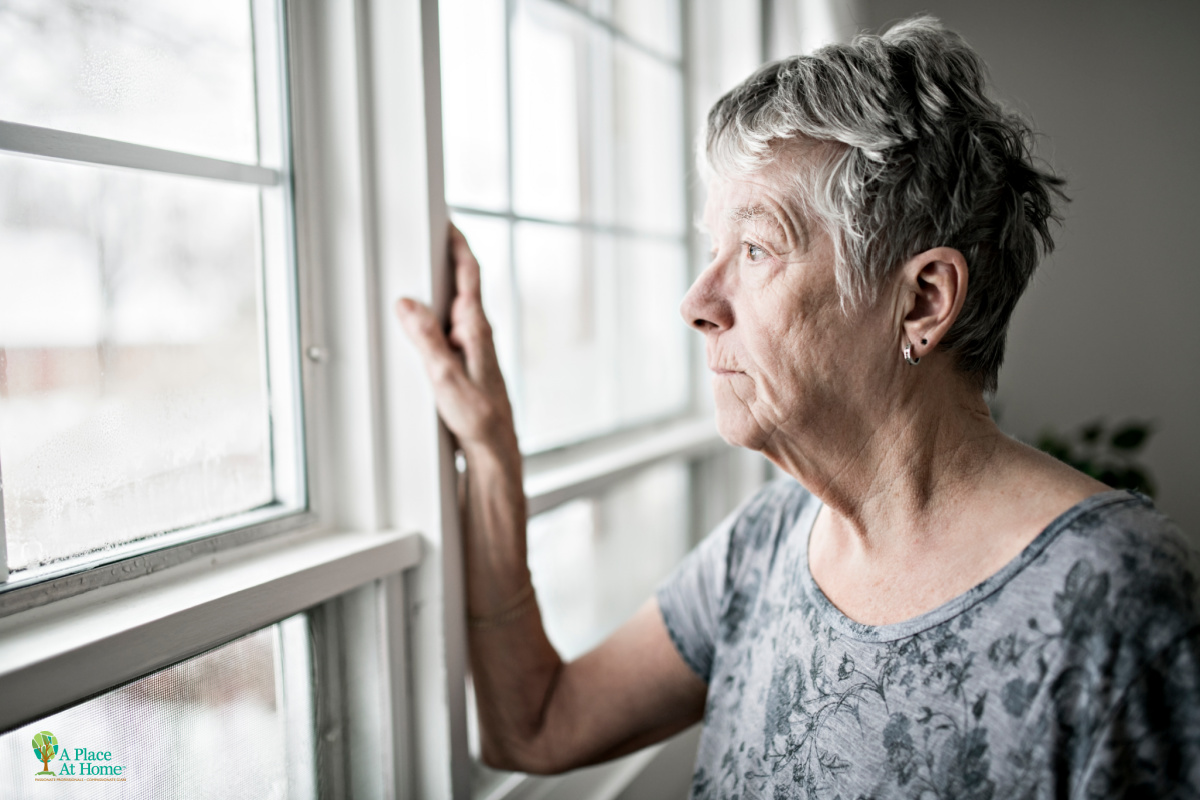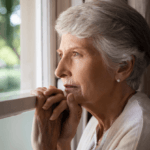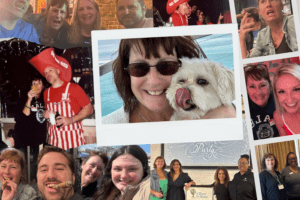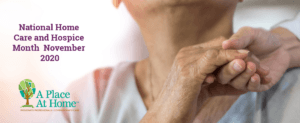
Winter can intensify depression in the elderly. Learn about the symptoms of seasonal depression, why we get depressed in the winter, and how you can help.
Winter’s Possible Effect on Seniors’ Mental Health
Several aspects of winter can affect your senior loved one’s mental health. The lack of sunlight and shorter days can disrupt the body’s internal clock, leading to changes in mood and energy levels. This disruption is even more common for seniors, as many are already dealing with other challenges, such as health issues or loneliness. If someone’s seasonal depression is severe, they can be diagnosed with seasonal affective disorder (SAD).
Symptoms of SAD in the Elderly
SAD is a type of depression that occurs at a specific time of year, usually in winter. Medical experts believe the disorder is caused by a chemical change in the brain initiated by decreased sunlight and shorter days in winter. It’s important to differentiate SAD from general mood fluctuations or other types of depression. SAD arises in a recurrent seasonal pattern that lasts about four to five months. Signs of SAD in the elderly include:
- Persistent low mood, sad, anxious, or irritable
- Loss of interest in previously enjoyed activities
- Withdrawing from social outings or “hibernating”
- Increase in sleep, daytime drowsiness, lethargy, or low energy levels
- Feelings of despair, guilt, or worthlessness
- Increased appetite, especially for sweets and carbohydrates
- Weight gain
- Physical health problems, such as headaches
Source: Johns Hopkins Medicine
If you notice these symptoms persistently in your elderly loved one, it’s important to consult a healthcare professional. Common treatments for SAD include increasing sunlight exposure by spending time outside or near a window, light therapy that replicates the feeling of sunlight, vitamin D, psychotherapy to help change a senior’s distorted view, and antidepressants.
The National Institute of Mental Health explains that SAD shouldn’t be confused with the “holiday blues.” These are often feelings of sadness or anxiety brought on by stresses created by the holidays.
How to Overcome Winter Depression in the Elderly
Whether your loved one is diagnosed with SAD or not, you and their care team can play a vital role in helping them cope with the January blues. Here are some ways to offer support:
- Encourage physical activity: According to the National Institute of Aging, gentle exercise, even indoors, can boost your loved one’s mood. Encourage them to engage in light physical activities.
- Promote social interaction: Regular contact, whether in person or via phone or video calls, can help alleviate feelings of loneliness. In-home care providers, like A Place At Home, offer companion care that provides socialization and stimulating conversations.
- Maximize exposure to natural light: Like in the list of treatments for SAD mentioned above, by increasing exposure to natural light, you can decrease depression in the elderly. Open curtains during the day and encourage your loved one to sit near windows.
- Engage in winter activities for seniors: Plan winter activities for seniors that are enjoyable, such as indoor gardening, crafts, or listening to music. These activities can engage seniors’ minds.
- Maintain a healthy diet: A balanced diet can improve overall energy levels and mood. This includes staying adequately hydrated.
In-Home Senior Care Solutions
In-home senior care is an effective way to combat the winter blues and ensure a brighter, more positive environment for your loved one. Professional caregivers provide senior care services such as companionship, assisting with physical activity, and ensuring the home environment is warm and comfortable. They can also help facilitate social activities and outings, weather permitting.
Help your loved one through winter blues by finding an A Place At Home location near you.






